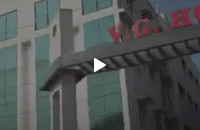Cross-cutting Themes
Inclusion
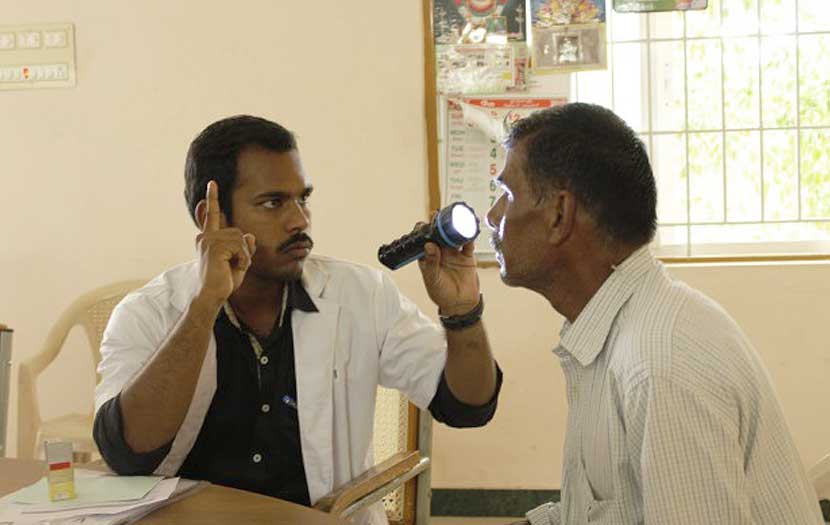
Sanitation workers
To improve preventive healthcare, TNUSSP launched an initiative to provide regular health check-ups for sanitation workers to which they are entitled as per law. The health camps are conducted periodically and include mandatory body check-up, counselling, and awareness providing medical services and diagnostics. Nearly 750 sanitation workers and 200 family members have benefitted from the health camps over the past couple of years. TNUSSP is in the process of institutionalising health camps with the help of the government and the private sector.
Sanitation workers are being linked to social security schemes by gathering basic identification documents. Through schemes such as health insurance coverage an attempt is being made to ensure timely medical aid for the workers and their families.
WASH in schools
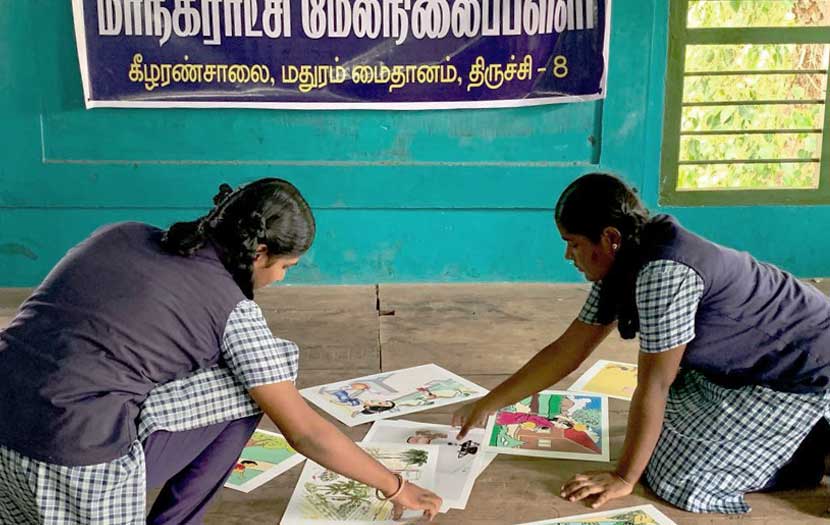
In collaboration with school authorities, trainings are being provided to students and teachers on the importance of safe water, sanitation, and hygiene practices with a special focus on FSM. Improvements to the sanitation infrastructure in schools were taken up in parallel with the trainings.
In an effort to promote safe WASH practices, an awareness program on safe water handling and treatment practices; water quality testing; and menstrual hygiene management is being conducted in selected slums.
Menstrual Hygiene Management
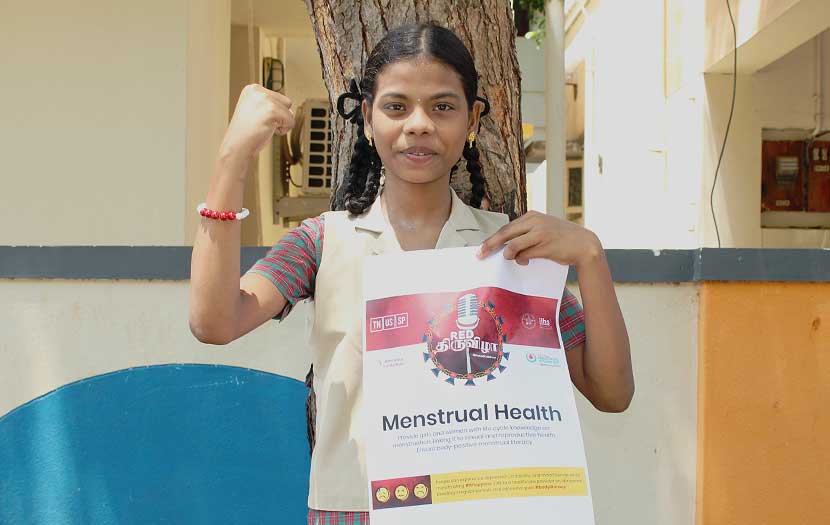
TNUSSP developed the Ungal Thozhi module for menstrual hygiene management (MHM). It aims to disseminate knowledge and information to safely manage menstruation with confidence and dignity. It was developed through focus group discussions with women and school children on their knowledge, attitude, and practice of MHM. The module follows menstrual hygiene management as laid out in the National Guideline on Menstrual Hygiene Management released by the ministry of Drinking Water and Sanitation in the year 2015. TNUSSP is planning to disseminate this module initially among school children and women in the community.
Livelihoods
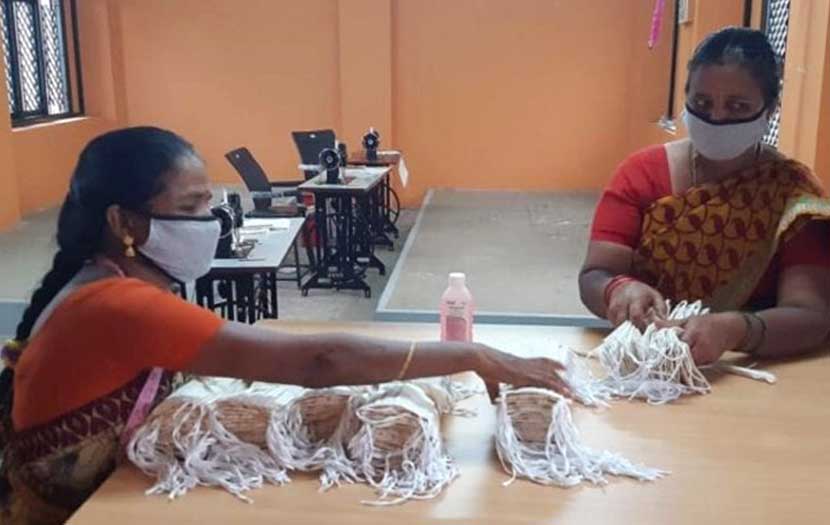
In an effort to create livelihood opportunities for women, a women’s group has been formed to set up soap-making and tailoring units to help them earn an income and become economically self-sufficient and independent. As a response to COVID-19 pandemic, the group has been trained to make masks.
Film on Septage Management for general public


